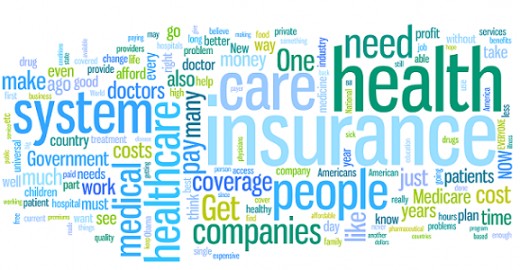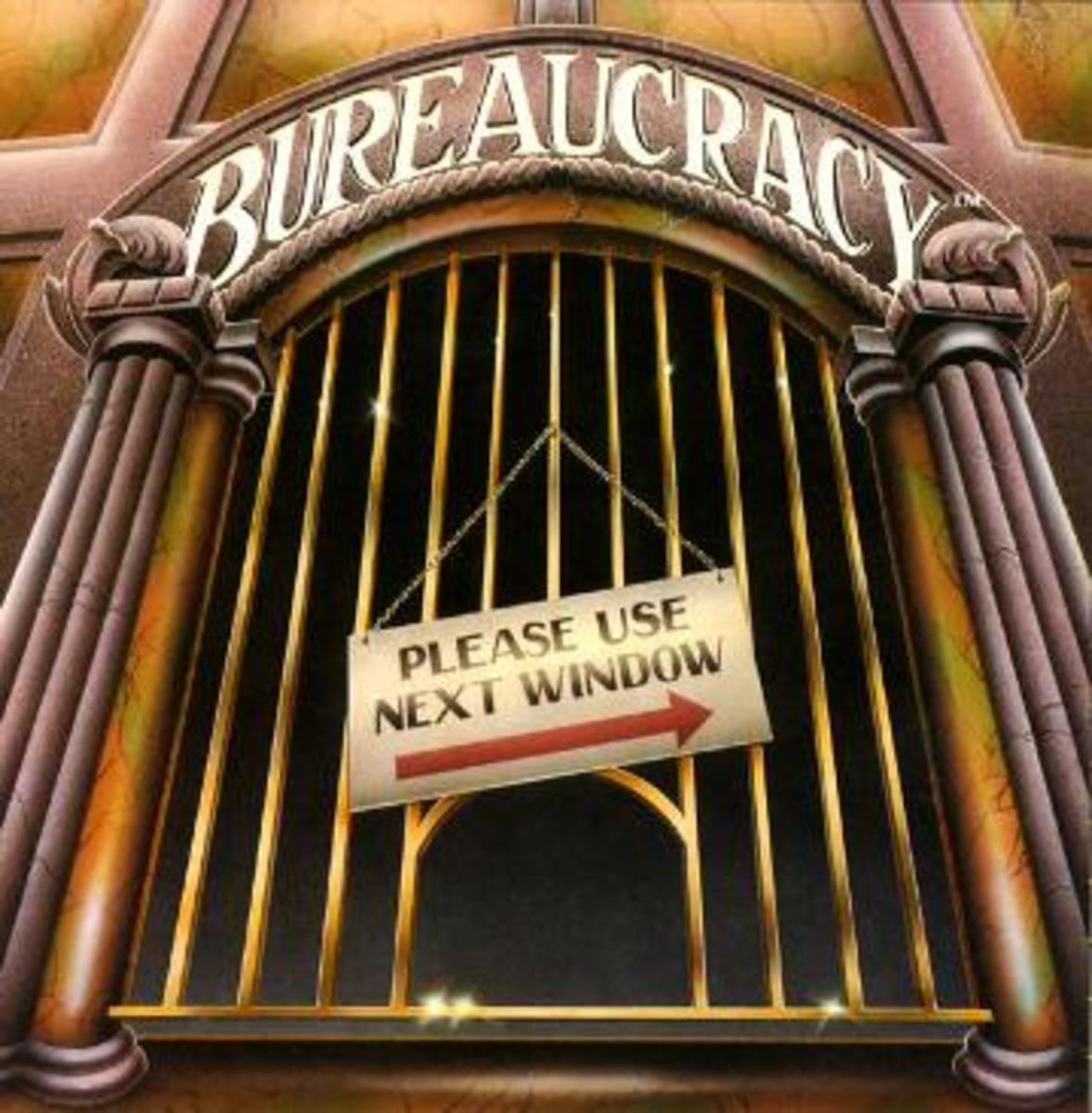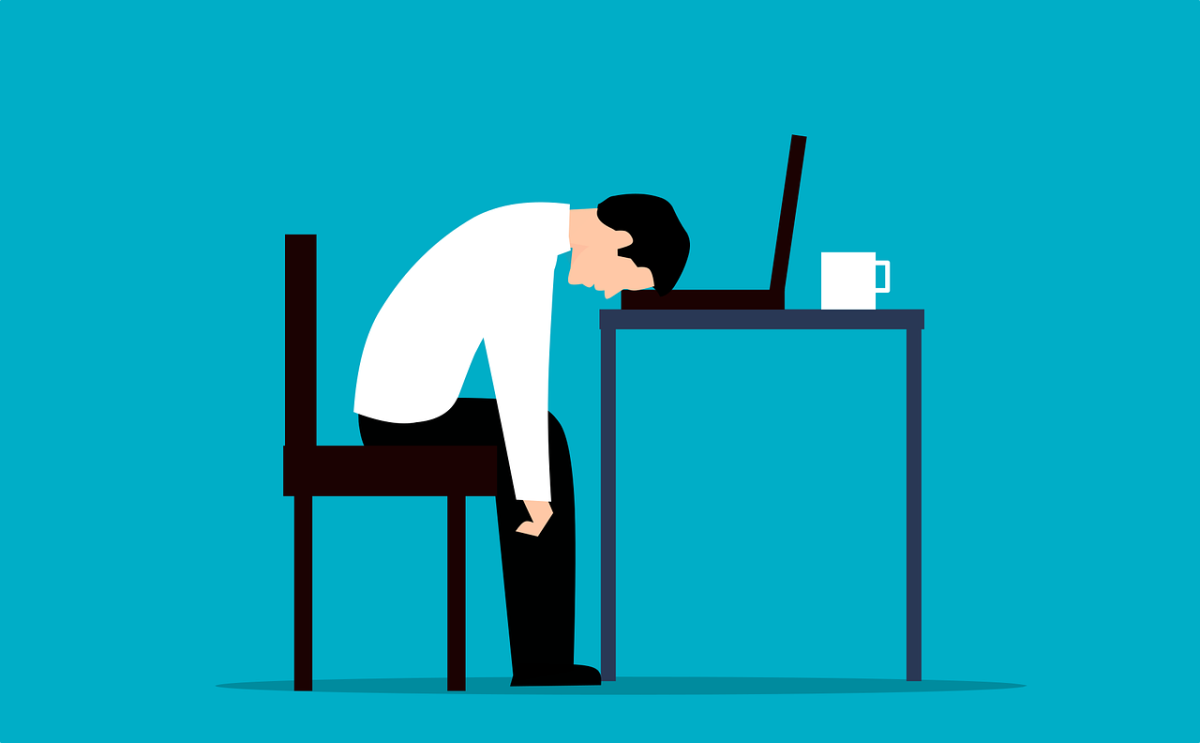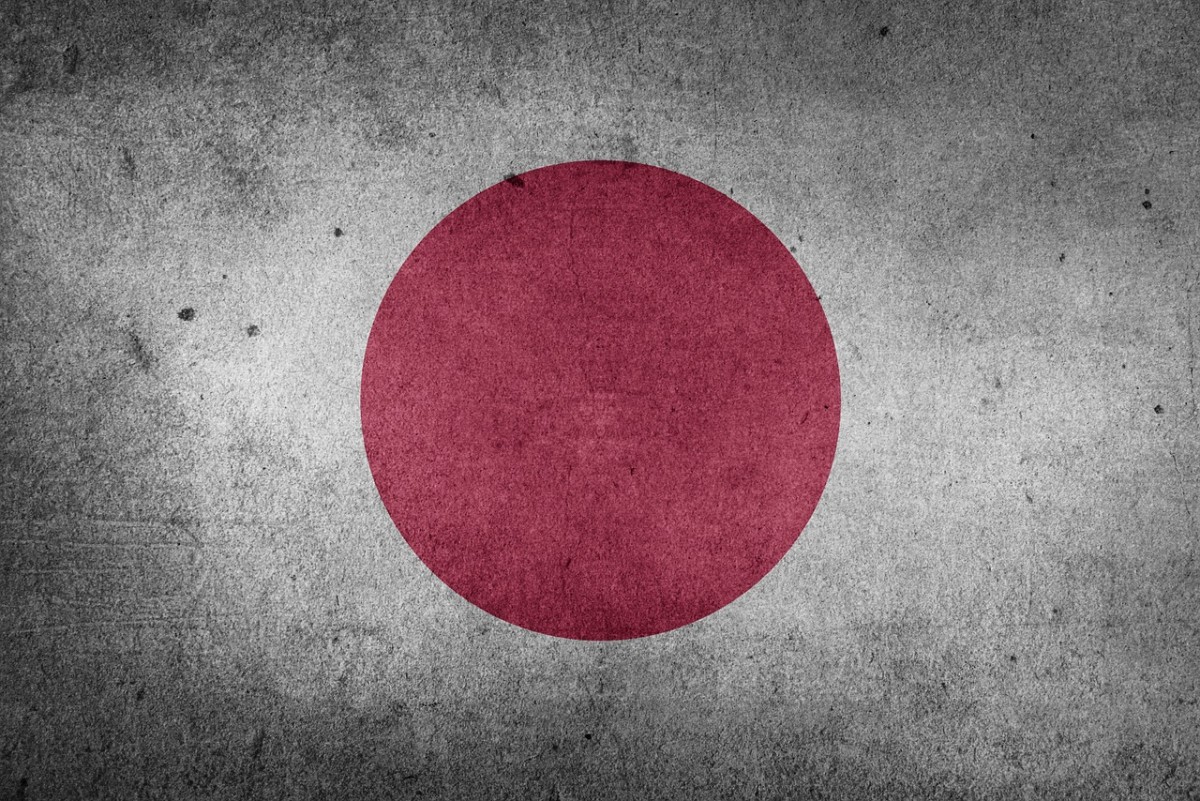Falling Through The Cracks: A Lesson In Healthcare From Being A Patient
Courtesy Google Images

A Multi-Generational Perspective
I spent December 30, 2010 in the ER. My only other trip to the ER before then happened the previous July when I had my first gall stone attack. Despite my confirmed diagnosis, this time was different, very different. Even though I have worked in EMS for nearly a decade, knew more than I wanted to about Medicaid bulling, and had spent the last week applying for health insurance, this would be the first time I learned what health care meant to me. In the true tradition of narcissism I finally felt the need to question whether health care is basic human right.
When discussing universal healthcare, I am usually presented with three of the same arguments. The first is, Why should the people who have earned their way in society have to pay for those who do not? This is my grandmother’s favorite argument. It’s true that most of our history has been dominated by this concept. Usually if welfare of any sort was available, it was available by the church. If you were unfortunate enough to be provided assistance by the government you usually were the worse for it, especially when it came to medical care. At best you would be used as a display of successful medical treatment in an auditorium full of scholars who interpreted hygiene as a poor decision in fighting off disease. At worst you would be the guinea pig for experimental procedures. Without anesthesia. Or disinfectant. So yes, universal healthcare is quite a new concept. But how exactly does one earn their way into society? Usually one would say you pay your taxes and have a job. Well, even that is not really enough, many people have jobs-or several-without having adequate access to insurance. In fact, you may make too much money to qualify for Medicaid, but not have the appropriate benefits or be able to afford insurance out of pocket. Or you could be like me. .
I have catastrophic insurance, which I pay for myself. For me alone it costs 182.00 per month. For nearly 2,400 dollars a year I enjoy the benefits of a 10,000 dollar deductible. Should I reach that deductible, I still have no co-pay, no prescription assistance, no dentist, eye doctor, or any other specialty covered. And I am an almost ideal candidate for an insurance carrier. I do not smoke, take drugs of any kind, drink excessive alcohol, have any family history of any disease associated with young people, have no predisposing factors to any condition and my weight, which was previously my only medical condition, has been controlled. This is an example of being under-insured, a problem as damning as being uninsured for most. Unfortunately, that useful insurance was what I applied for days before I landed in the ER, and was awaiting approval. Even if I had it a few weeks earlier, any condition involving my gall stones were (are) not covered until I have been a member for one year. So even going through all the acceptable steps, as generally agreed upon by our society, proves to be not entirely helpful.
The follow up to this argument often cites the “drain on the system”. There is a pretty great correlation between a persons level of health and the amount of money lost to the economy between loss of work, increase in welfare and healthcare costs. And a whole lot of poor people seem to be unhealthy. A whole lot of rich people tend to be pretty healthy, but also, sick middle ground people seem to become a lot poorer. Medical debt is the leading cause of bankruptcy in this country. According to a 2007 study by the American Journal of Medicine, “62.1% of all bankruptcies have a medical cause…Most medical debtors were well educated and middle class; three quarters had health insurance…”.[i] Here’s the troubling thing, one of the reasons rich people tend to be healthy is because they have access to regular doctors visits, the ability to purchase prescriptions, and maintenance visits after an illness or injury. My grandmother had her gallstones removed two years before my attack without a single symptom, because they were found on MRI and she felt that it would be better to act preemptively. Preventative medicine being another luxury of the wealthy which could have profound beneficial effects to both national economy and national health if made widely available. My mother had gall stone problems last month and swiftly had outpatient, corrective surgery. (Gallstones are hereditary, particularly among female relatives.) She was able to return to work the following day. Because I was unable to treat my gall stones immediately, my condition worsened. After months of inflammation affecting my diet, I was suffering dehydration, malnutrition, and unbearable pain when I went into the ER. On ultrasound, stones were found to not be in the common bile duct, which meant that emergency surgery was not required. I was released from the hospital without any treatment besides pain management. I returned a week later in significant distress, so ill I had to remain in the hospital to recover enough to undergo the now needed emergency surgery. When my medical care was complete, I could not return to the equivalent of work for me, my position in a volunteer rural EMS agency, for two months because I had been so ill my recovery was greatly hindered.
Besides general health at the time of procedures, people with greater healthcare are better able to return to the workforce because of rehabilitation. It’s a good possibility that if the poor had access to regular health care, there would be fewer incidences of work loss, emergency costs, and previously economically stable people dropping to poverty levels and requiring welfare. After all, uninsured, going through three ER visits, a prolonged hospitalization, and an emergency surgery (trust me, it costs more when they say emergency first), left me with over 25,000 dollars of debt. And I’m not alone, the World Heath Organization estimates that over 100 million people worldwide fall into poverty to pay for healthcare[ii].
The last major argument I hear is that everyone has access to the ER. No one can be turned away from it. And when they don’t pay, as many don’t, the taxpayers pay. This to me is the least logical argument against universal healthcare. It suggests that this is healthcare for all and that those people who can’t afford it, don’t have anything to worry about. An ER visit does not in any way constitute healthcare, it is intended for the stabilization of life-threatening or possibly life-threatening conditions. Not the cure to anything. In fact, the WHO suggests that “better use of existing preventive measures could reduce the global burden of disease by as much as 70%”[iii]. That is, the use of family physicians and regular check ups may reduce the emergency load by up to 70%.
If you do have a life-threatening condition the ER will stabilize you then transfer you to wherever is best suited to the treatment of such, cardiology, surgery, whatever you need. True, that’s covered in the “we don’t turn dying people away” philosophy, but what about the people who are experience true and great distress without actually being life-threatening? Once they are stabilized they are sent home with instructions for follow up care to a physician who has no obligation to treat you without insurance or cash on delivery, even if that condition is disabling or has the potential to be fatal. In my case, gallstones, a very common problem, can lead to pancreatits and possibly death. Because of my additional malnutrition and dehydration I was placed on potassium when I was hospitalized, an intervention which usually indicates potential cardiac concerns, not a common problem associated with gallstones, but which was the result of the complications involved in prolonging care.
What’s more, because the ER is the only place you can’t be turned away, people who need relief of whatever symptoms they may have, even if it is not an emergency, flood it. They simply cannot afford to go to a doctor or a clinic. These aren’t just bums and leeches either, but may be people who work hard, at multiple jobs who live paycheck to paycheck, hope they can buy groceries that month, and literally don’t have the money in the bank to pay right now for a doctor to take care of an illness or injury that needs to be treated. And when they are prescribed medication, they have figure out how to pay for that too.
As to the relaxing feeling of walking away from thousands of dollars of medical debt, that’s not quite how it works. The county I live in absorbed some of my expenses, but my income can be garnished if I do not pay the county back. Collection agencies constantly hound me for the expenses that were not covered and if I had anything resembling functional credit before hand, it’s destroyed. Oh, and I have been declared indigent.
Not only does the mentality that the ER will suffice for all the poor folk rely on a lot of assumptions about health care, it ads to the drain on the economy being argued against.
The problem with these arguments, are they don’t discuss the actual question which is, Does everyone have the right to healthcare? That's not the question being asked. I know that providing comprehensive healthcare to everyone in this county would be impossible. Or would it, many countries have national universal healthcare. Countries with the highest statistics of healthy living, employment, and general satisfaction. Countries with large and small populations ranging from Canada to Japan. Still, that is not the argument I’m trying to make. If it were, I would also feel compelled to compare healthcare to all the other services we take for granted, such as law enforcement, education, and even transportation (not just public transportation such as buses and trains, but highways, road signs, and construction), and legal aid. If I were to mention legal aid, I would no doubt turn the conversation to a screaming assault on the devastating effects of law suits to the entire system. Which is why I will return to the question at hand. Does everyone have the right to healthcare? I don’t actually have an argument for that, because I can’t imagine an argument that there isn’t a fundamental right to healthcare. “Viewed from the spectrum of basic rights, the right to health seems core.[iv]” Every country participatory with WHO has included some attempt to improve healthcare availability to its citizens. Even Hammurabi had some ideas for this. I suspect the reason people argue all the reasons we can’t provide healthcare for everyone is so they don’t have to be concerned about why we don’t. Yet, only if we answer the question asked, and force ourselves to see the injustice done, will we work to find ways to answer the arguments of how we can fix the injustice.
[i] The American Journal of Medicine “Medical Bangruptcy in the United States, 2007: Results of a National Study”. Himmelstein, MD, Throne, PhD, Warren, JD, Woolhandler, MD, MPH. 2009.
[ii] Health Care Around the World—Global Issues. http://www.globalissues.org/article774/health-care-around-the-world . Shah. 2009
[iii] Shah
[iv] Shah








